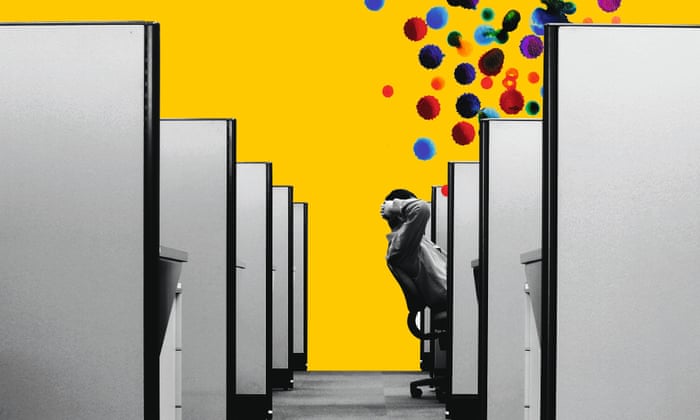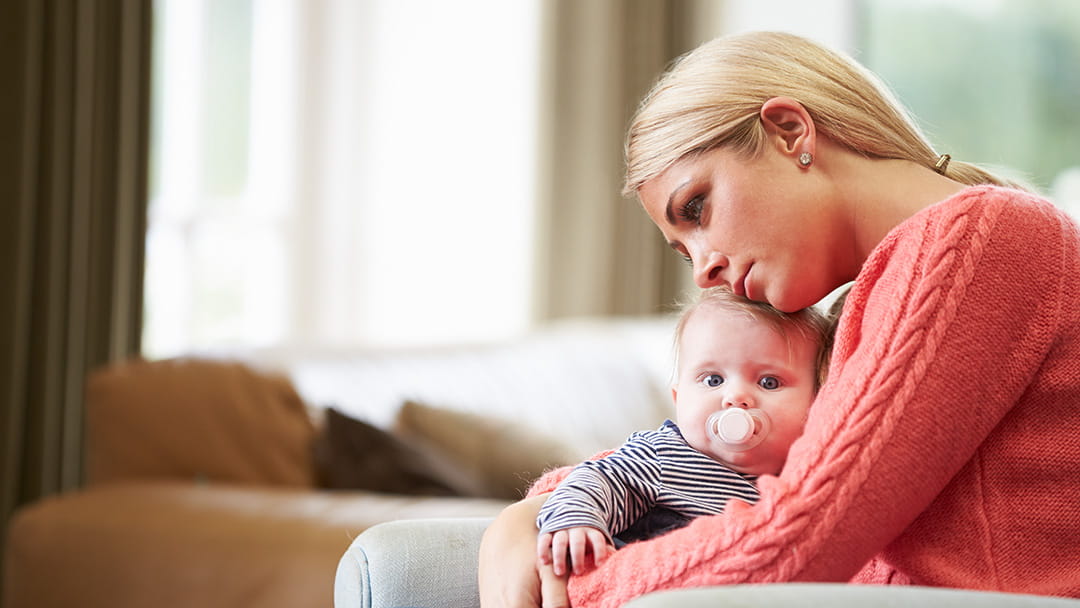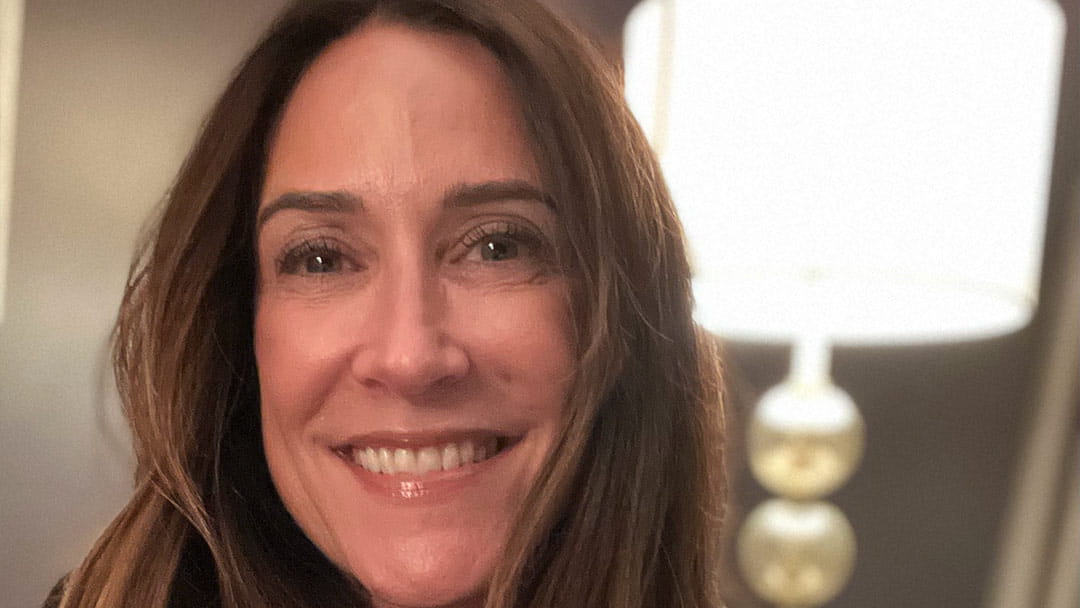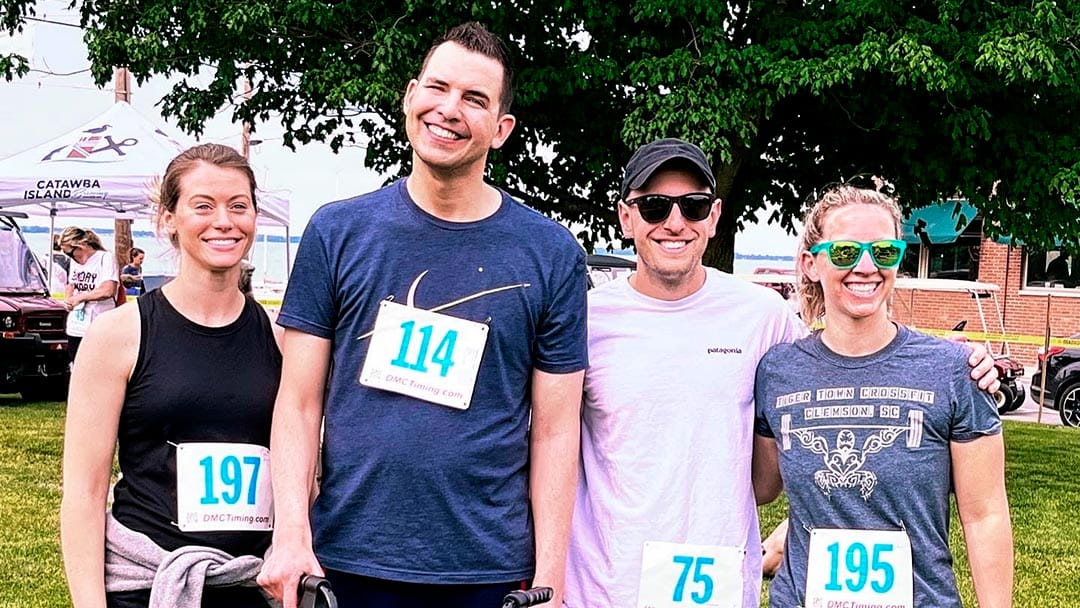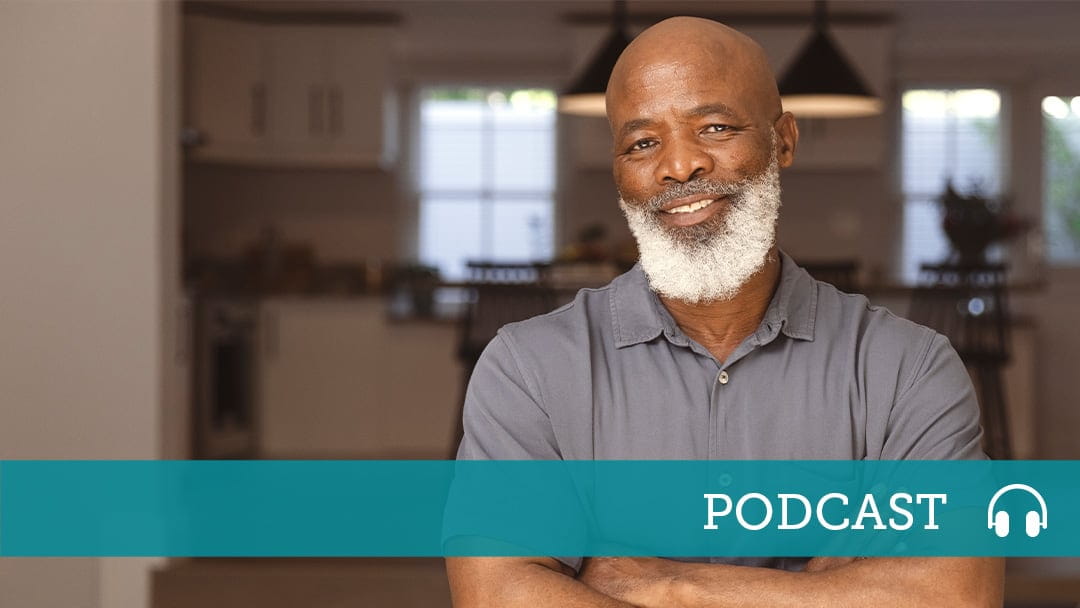
A free on-line platform that enables audio system to practise in entrance of 1000’s of digital spectators has been launched to assist with the nervousness many really feel when presenting to an viewers.
Dr Chris Macdonald, the founding father of the Immersive Expertise Lab at Cambridge College and who created the web platform, stated the method was an try to cut back the prolonged waits or excessive prices individuals usually face when searching for assist.
“Most individuals have some type of speech nervousness [but] very, only a few persons are accessing the therapy. So what I used to be making an attempt to do with this challenge is repair these limitations,” he stated.
The Digital Actuality Public Talking platform employs publicity remedy – the concept confronting fears may also help scale back them – mixed with respiratory workouts and eye actions that assist sluggish the guts price and suppress the worry response.
Individuals utilizing the expertise can practise talking in varied digital actuality (VR) settings, from an empty classroom or small audiences of photorealistic figures that yawn and scratch, to a stadium of 10,000 spectators, with the choice so as to add distractions comparable to flashing cameras and loud noises.
Macdonald stated the latter was an instance of “overexposure remedy”.
“The thought behind it’s that it will give them further resilience and flexibility – you’ll be able to consider it just like the psychological equal of coaching with weights or operating with weights or at excessive altitudes,” he stated, including that the hope was that subsequently presenting to a smaller actual life viewers would really feel like a “step down” by comparability.
Macdonald stated the platform – which includes studying supplies, suggestions mechanisms and situations comparable to job interviews – works on each Android and iOS working programs and could be accessed by way of a laptop computer or VR headset or through a smartphone that may be inserted into an affordable mount.
A current examine printed by Macdonald within the journal Frontiers in Digital Actuality suggests the platform could possibly be useful. The analysis concerned 29 adolescents from China, who every undertook a 30-minute session during which they alternated between utilizing the VR system and practising a easy respiratory train, after which they delivered a ready one-minute script in English to 34 individuals in actual life.
The share of scholars who stated they have been anxious public audio system fell from 65% earlier than the experiment to twenty% after the shows, whereas the proportion who described themselves as assured rose from 31% to 79%. Extra college students stated they loved public talking after utilizing the platform.
Macdonald stated one other but to be printed examine involving 18 college students who didn’t need to subsequently give an in-person presentation revealed all contributors discovered every week of self-guided use to be useful, for instance in feeling extra assured or higher in a position to handle nerves.
Whereas Macdonald stated additional experiments with management teams and bigger numbers of contributors have been deliberate, tens of 1000’s of individuals have used the platform throughout its improvement. “I don’t simply wish to construct one thing that’s efficient. I wish to construct one thing that may and shall be used,” he stated.
Dr Matteo Cella, a psychologist and chief of the digital actuality lab at King’s Faculty London, who was not concerned within the work, stated the platform constructed on the ideas of conventional publicity remedy, making it extra accessible and simple to implement.
However Cella stated there was a possible danger overexposure might reinforce individuals’s avoidance of public talking, and that sturdy randomised management trials have been wanted to judge the system, noting the printed work didn’t supply many insights on its efficacy.
“There may be quite a lot of enthusiasm and problem-solving power from digital innovators to deal with urgent psychological well being challenges in our society, however sadly many merchandise have poor uptake and brief lifespan as a consequence of their very fast improvement and restricted proof,” he stated.
Dr Kim Smallman of Cardiff College additionally stated extra work was wanted. “It’s promising to see open-source innovation on this house, notably in how VR can improve engagement and accessibility to abilities improvement and probably therapeutic content material. Nonetheless, as with all rising expertise, it’s essential to judge its real-world affect, how individuals use it, whether or not it really improves confidence and reduces nervousness, and what unintended results may come up.”



